‘Connecting Worlds’: students all over the world in pursuit of an inclusive and sustainable future
The 2020-2021 edition of Oxfam Intermon’s educational initiative will be about the climate crisis. Students are going to look for new consumption habits that will terminate environmental and social injustice.
Does climate change have the same effect on everyone? Is it possible to achieve a sustainable lifestyle which is fair for the planet and for everyone living on it? Thanks to Oxfam Intermon’s international educational programme ‘Connecting Worlds’, students all over the world will work together to draw up a civic action project to promote social and environmental justice.
Since 2003, more than 150,000 students coming from over 41 countries have already participated in this programme. Last edition, 16,525 students and 356 schools took part. According to Elisabet Santpere, project coordinator, this year they expect to maintain the trend denoted by an increased number of visits to their website and by the adaptation of teaching proposals, which have been modified in order to assist both in-class and online work.
Each year the project tackles a specific subject where social inequality is present, such as labour standards, migration or food justice. The main objective is to facilitate an intercultural space and dialogue among students with different social and geographical backgrounds, where they can learn and work cooperatively. The aim is to raise awareness and make them act together against globally expanded social injustices.
In order to accomplish this, children and teenagers work in teams of the same age frame (between 6 and 17-year-olds), using a multilingual platform of seven languages: Spanish, Catalan, Basque, Galego, Portuguese, English and Italian. There are some activities to do in class, where students have to carry out a first task in groups, and some others are online. There is a second online task to complete, where teams are formed by students from different countries and schools. Teaching proposals consist of debates and activities for reflection and research, every one of them adjusted to each age frame.
2020-2021 Edition: climate crisis and its effects
Climate change caused mainly by human activity and irresponsibility; it is no longer a future problem but a reality. Famine provoked by the loss of livestock and plant breeding, massive migrations, lack of access to safe drinking water and emergence of new diseases are some of the effects that a large number of people worldwide suffer daily. However, not every one of us pollutes equally and neither will we suffer the consequences of global warming the same way and on the same scale.
Today, the most vulnerable populations suffer the worst consequences of the climate crisis. According to Oxfam, if emergency measures are not taken, the number of people suffering poverty could increase to 35 and 122 million by 2030.
This edition, under the ‘Think globally, act locally’ motto, students will work together to design a project that will promote civic action towards an inclusive and sustainable social development. The aim is to reduce the disproportionate impact that climate change has had so far on the most impoverished people.
One of the objectives in this edition is the students to identify the causes of climate change and its environmental and social consequences. Another objective is to raise awareness about current consumption habits and how these are related to the climate crisis. This way, both individual and collective action will be promoted towards a more sustainable lifestyle, favouring both the planet and society.
‘Connecting worlds’ during COVID-19
This year, ‘Connecting worlds’ managed to adjust to the ‘new normal’ situation at schools. All teaching proposals have been modified so they can be done in class or at home online, in case schools are placed on lockdown.
All proposed activities tend to be varied and promote teamwork. As Elisabet Santpere explains, ‘this edition will still offer face-to-face socio-emotional activities, but they are always proposed as optional and supplementary to the main ones.’ They have also introduced new but easy-to-use technological tools to facilitate online group work and interactions.
All working strategies also had to be readjusted in order to assure they respond to schools’ current necessities, according to Santpere. Even format terms and activity schedules have been modified to ease the new working conditions at schools throughout this school year.
Santpere confirms that the technological gap that affects a great deal of families in Spain is undoubtedly ‘an inconvenience for any online initiative.’ In spite of this, since the pandemic raged in March, Oxfam has given educational and logistical support to students in vulnerable situations, therefore there is an optimistic view towards this year’s edition.
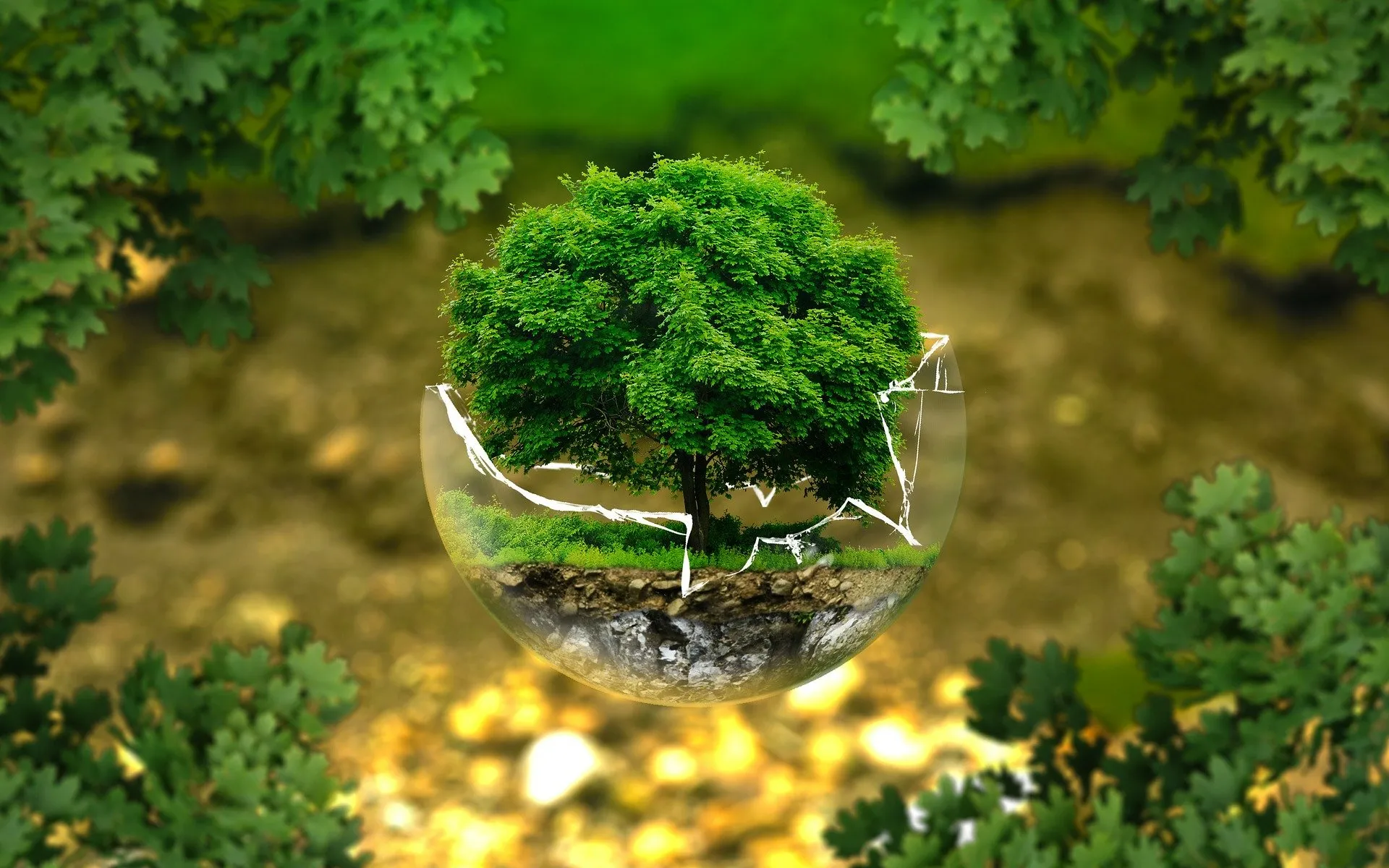
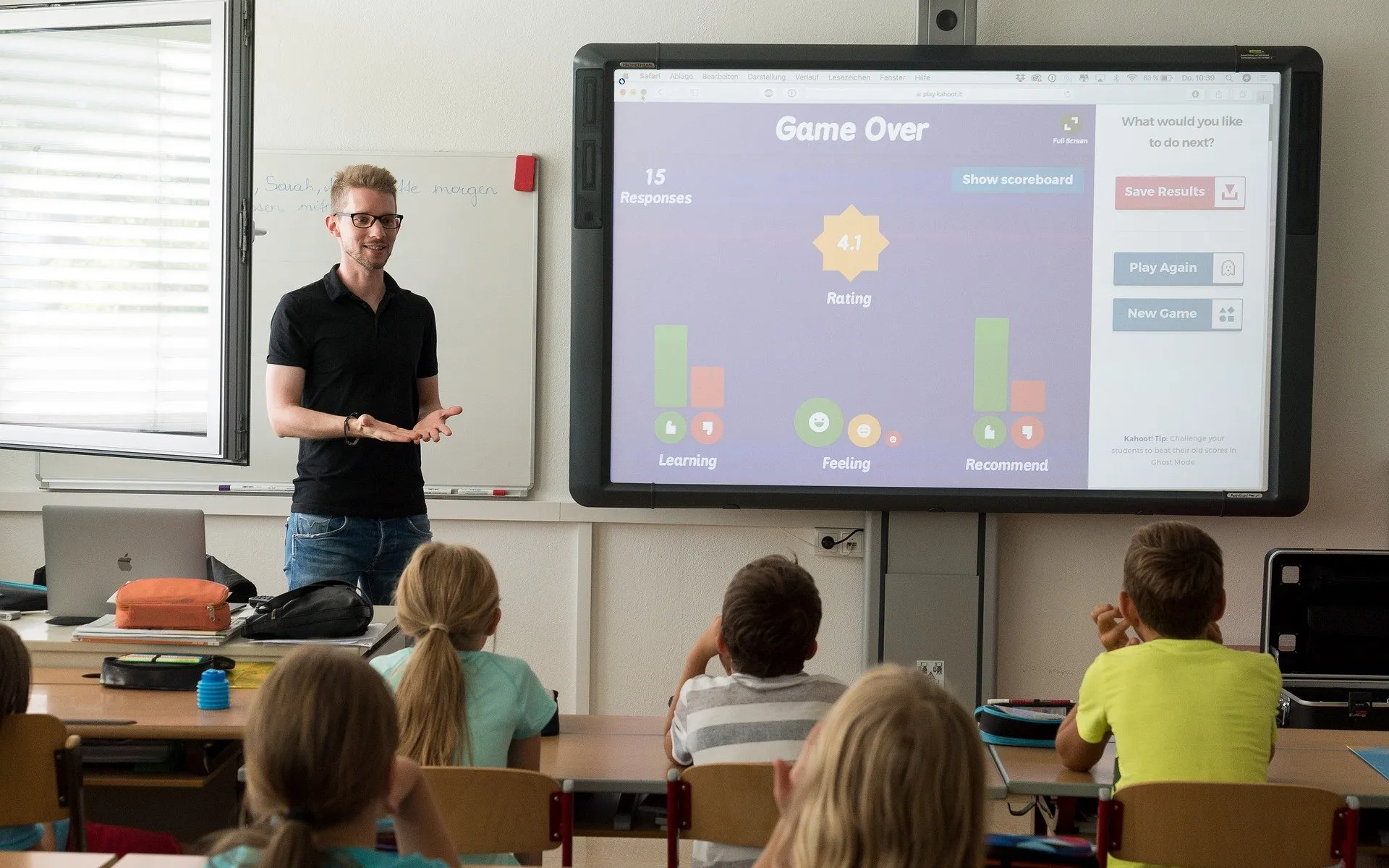
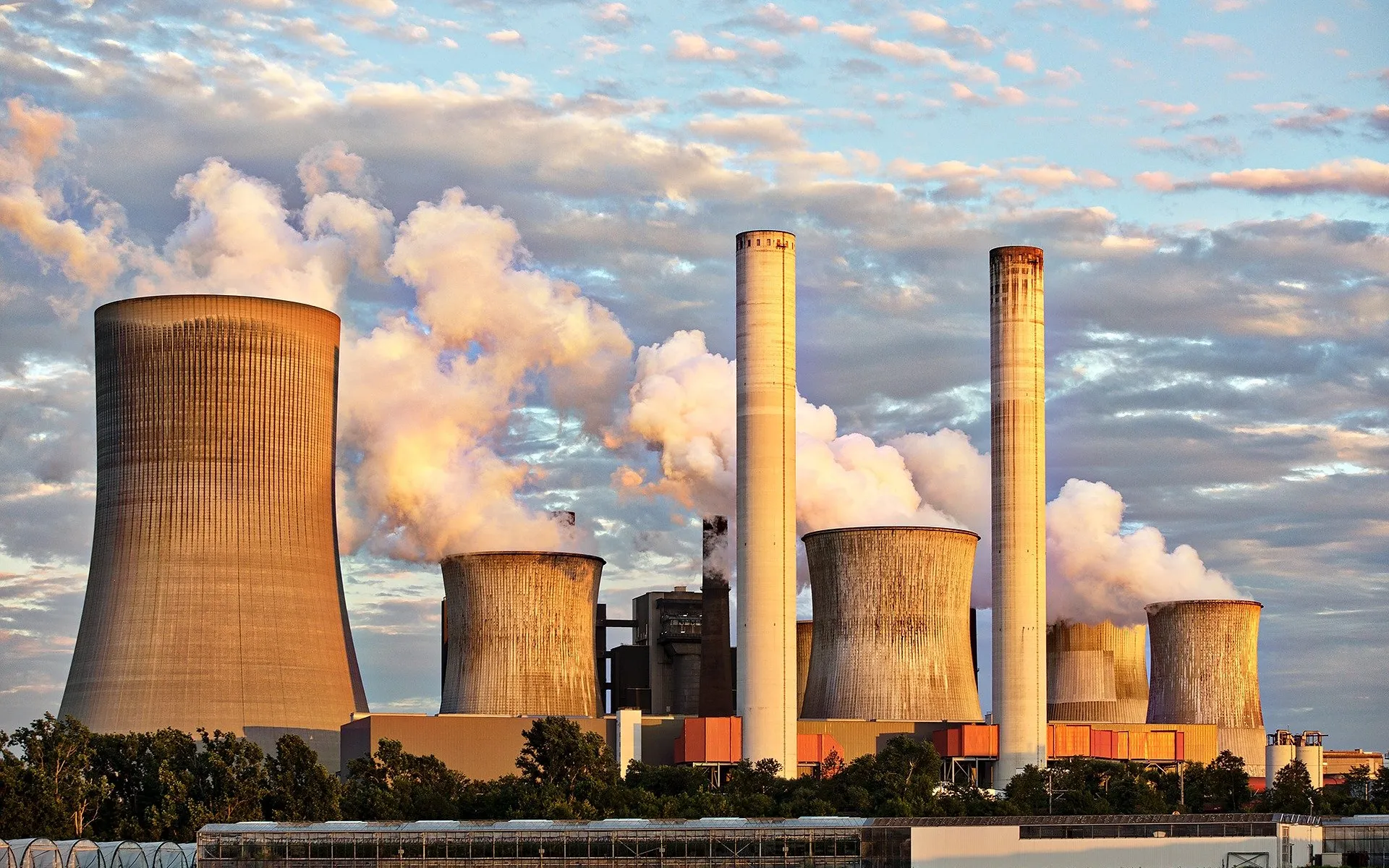




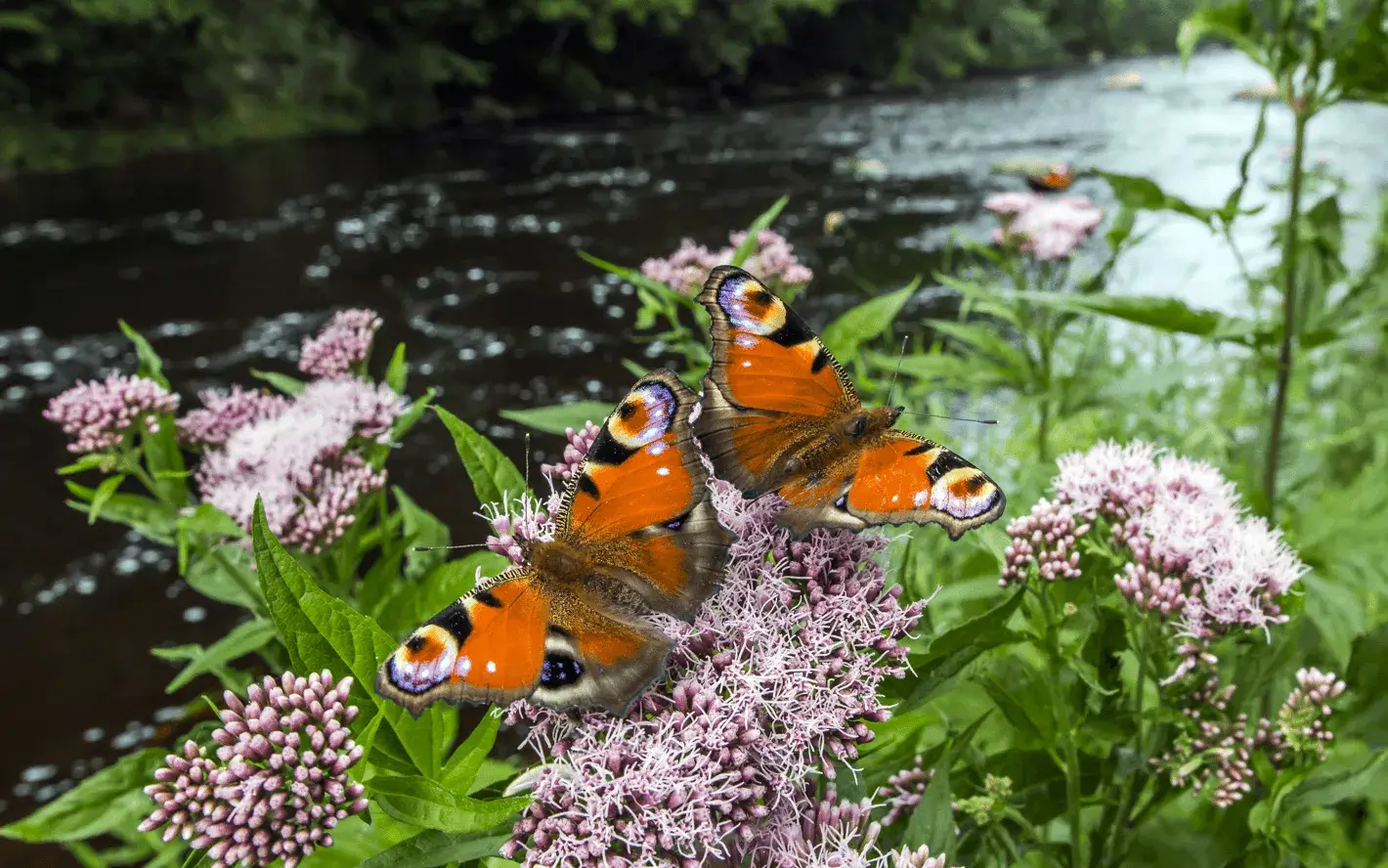
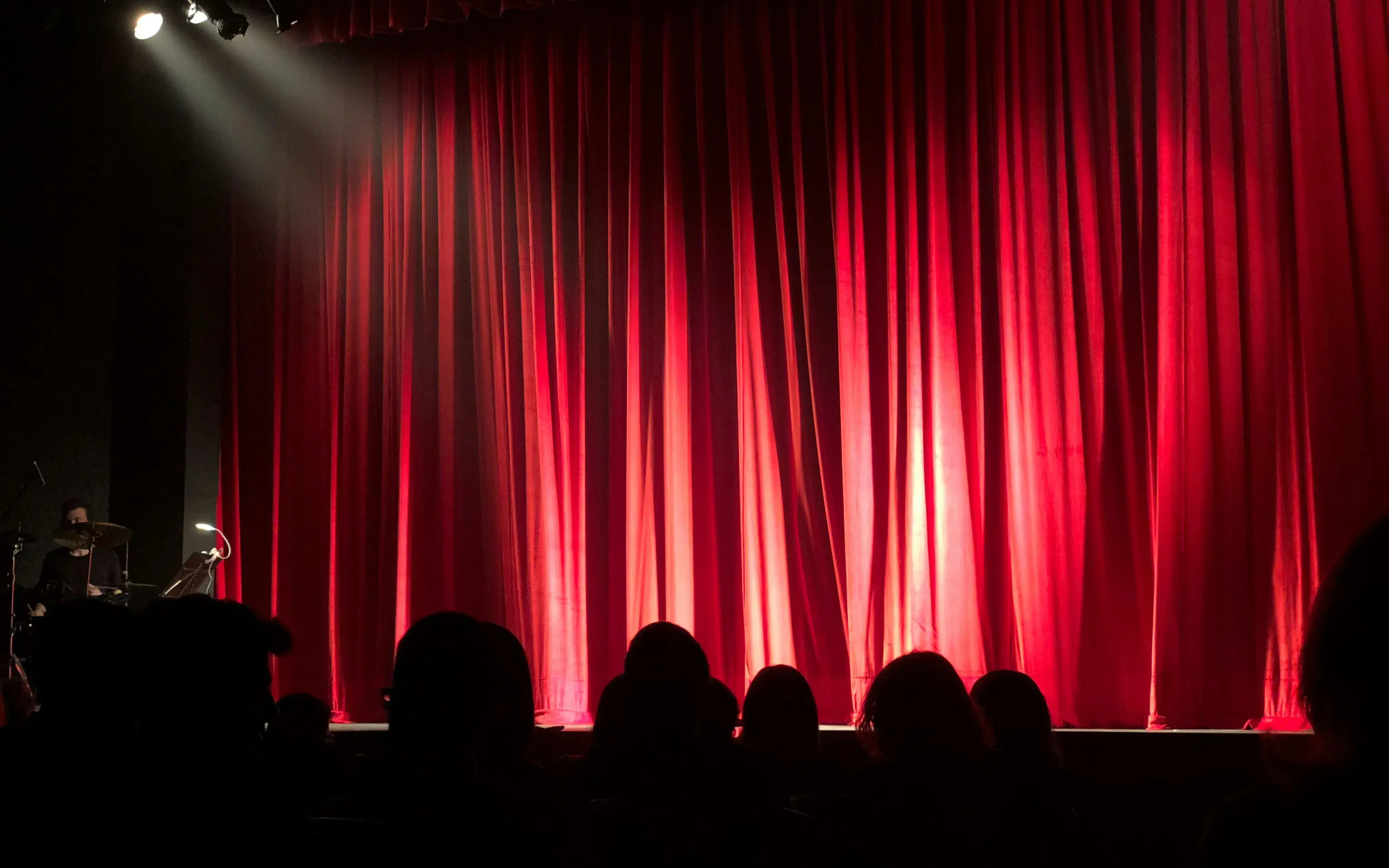
Add new comment